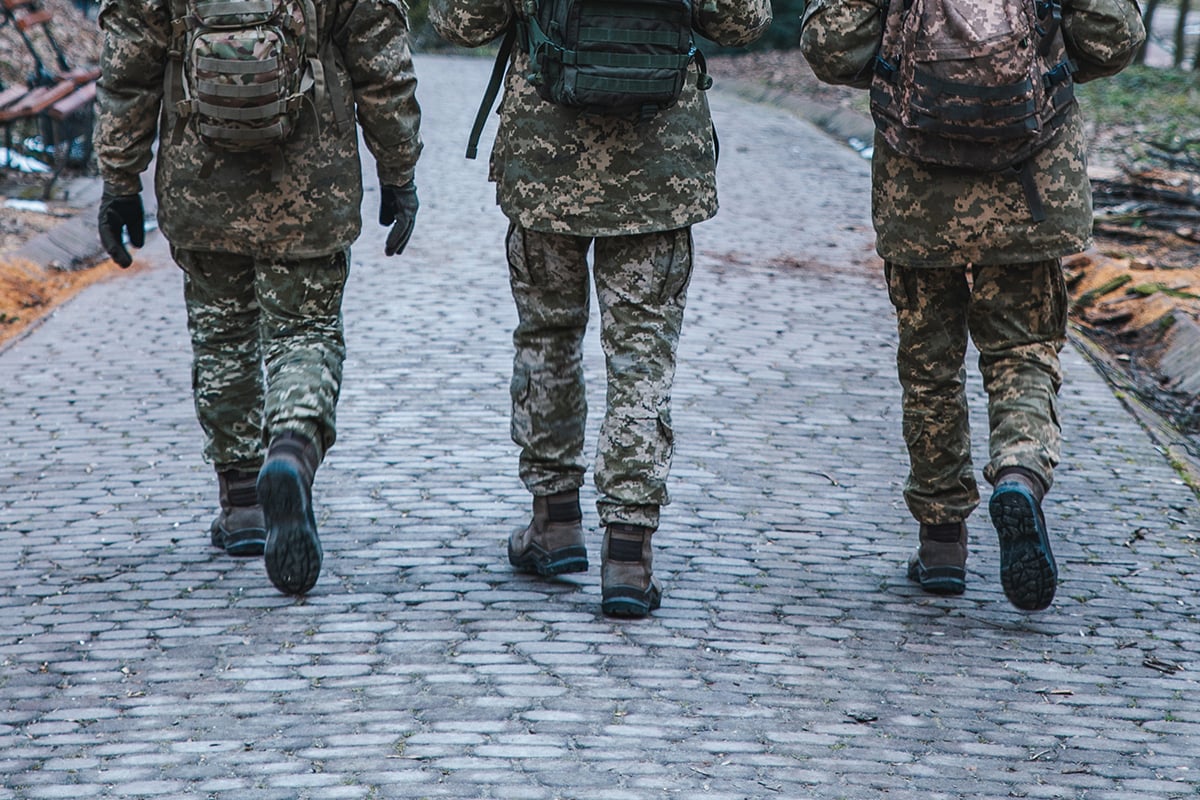In a striking declaration of covert warfare, Ukraine has taken responsibility for the assassination of Mikhail Filiponenko, a Kremlin-backed lawmaker, in the occupied territory of Luhansk. Filiponenko, a former head of the Luhansk People’s Republic’s army and an active member of the region’s separatist movement since 2014, was killed in a targeted car bombing. Ukrainian military intelligence service did not shy away from announcing their involvement, framing the attack as “retribution” for those aiding “terrorist Russia.”
The operation, described as a collaboration with the local resistance movement, was a direct attack on an individual accused of heinous war crimes, including the organization of “torture chambers” where prisoners were inhumanely treated. Ukraine’s Defense Intelligence cited evidence of Filiponenko’s involvement in torture, amplifying the gravity of the situation. This act is set against the backdrop of increasing reports of Russian-instigated torture in occupied territories, shedding light on the grim reality of the conflict.
As the geopolitical chessboard sees pieces topple, this event is a reminder of the ongoing struggle for sovereignty and the lengths to which Ukraine is prepared to go. The message to collaborators is clear: collaboration will not go unpunished. The article closes with a sobering reflection on the larger context—Russia’s unilateral annexation of regions and the dismissive international response to its so-called elections—underscoring the challenges that lie ahead in the fight for Ukrainian territory and justice.







